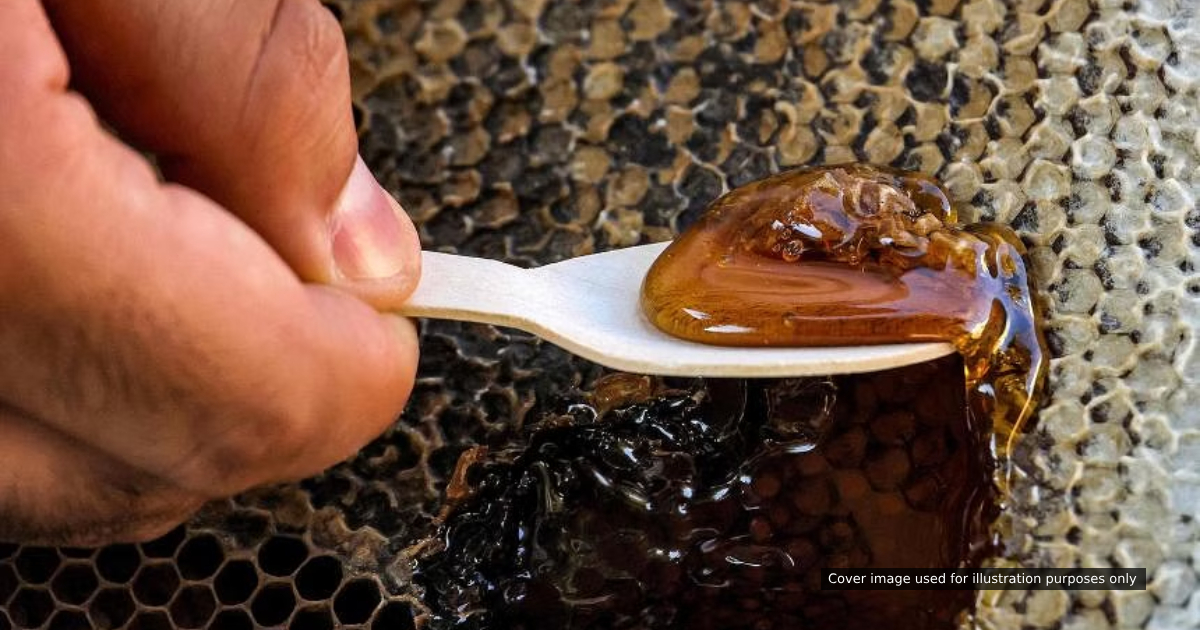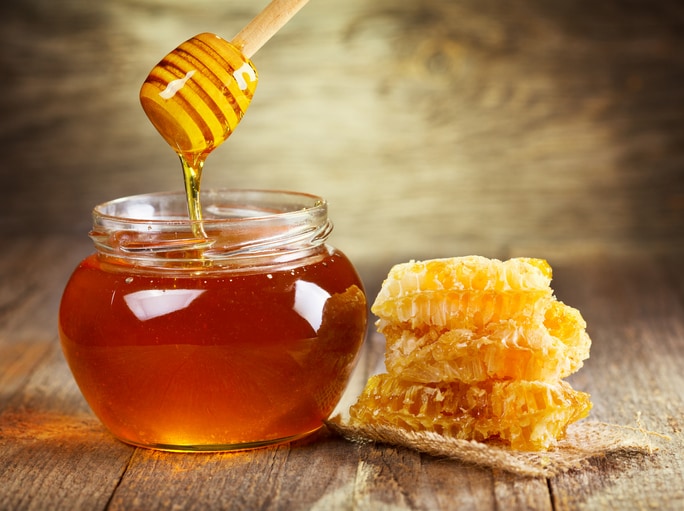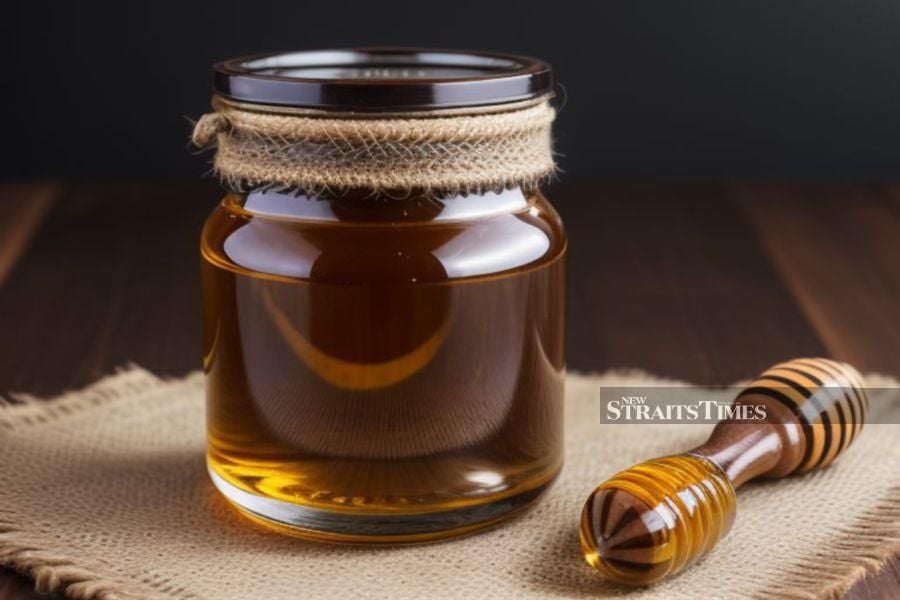A Study Found That Malaysian Honey Has Potential Anti-Cancer Agents
The research also found that local honey is known for its anti-inflammatory and pain-relieving effects.
 Cover image via The Straits Times
Cover image via The Straits TimesRecently, honey became a topic of controversy in Malaysia after an expert at Universiti Sains Malaysia claimed that a staggering 90% of honey sold in the country is counterfeit
This raises concerns about the authenticity and quality of honey readily available to consumers.
However, amidst this unsettling reality, a scientific research paper from a couple of years ago offers a glimmer of hope, shedding light on the unique characteristics and potential benefits of genuine Malaysian honey.
The research paper used fresh Malaysian and New Zealand honey samples that were randomly obtained from several beekeepers from the respective countries. The samples were kept at room temperature until further use.
Despite the adulteration concerns, Malaysia boasts a rich beekeeping tradition and diverse flora, resulting in a wide variety of honey flavours and colours
The study, published in the National Library of Medicine in January 2022, titled Metabolomic Profiling of Malaysian and New Zealand Honey Using Concatenated NMR and HRMS Datasets employed advanced techniques to analyse the chemical composition of honey samples from Malaysia and New Zealand.
This intricate analysis revealed intriguing differences between the two:
1. Higher sugar and polyphenol content
Malaysian honey was found to have a richer sugar profile, contributing to its sweetness and potentially higher energy content.
Additionally, it contained a higher concentration of polyphenols, which are natural antioxidants linked to various health benefits like reducing inflammation and protecting cells.
2. Unique bioactive compounds
The study identified specific bioactive compounds present in Malaysian honey, hinting at its potential health-promoting properties. These included:
– Gingerdiol: Known for its anti-inflammatory and pain-relieving effects
– 2-hexylphenol–O-β-D-xylopyranoside: Possesses potential antibacterial and antifungal properties
– Plastoquinone: An antioxidant that may protect cells from damage
– Tropine isovalerate, plumerinine, and 3,5-(12-phenyl-8-dodecenyl)resorcinol: These compounds require further research to understand their potential benefits
While the research primarily focused on comparing honeys, it also explored the anti-cancer potential of some samples
Interestingly, Malaysian honey exhibited mild anti-cancer activity against a specific breast cancer cell line. This opens doors for future research into the potential therapeutic applications of Malaysian honey, although further studies are needed for confirmation.
Despite the adulteration challenges, this research highlights the unique characteristics of genuine Malaysian honey, showcasing its potential not just as a delicious sweetener but also as a source of beneficial bioactive compounds.
As beekeeping practices continue to evolve, research deepens, and stricter regulations are implemented, Malaysian honey can reclaim its rightful place on the global stage, bringing its distinctive flavours and potential health benefits to the world.
The information provided is for educational and communication purposes only and it should not be construed as personal medical advice. Information published in this article is not intended to replace, supplant, or augment a consultation with a health professional regarding the reader's own medical care.

